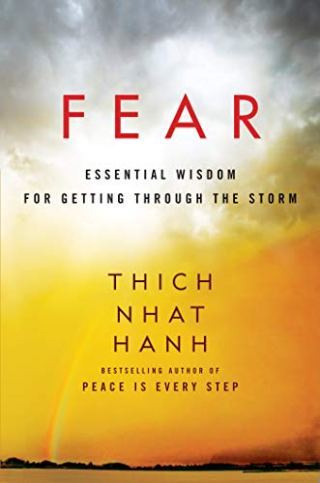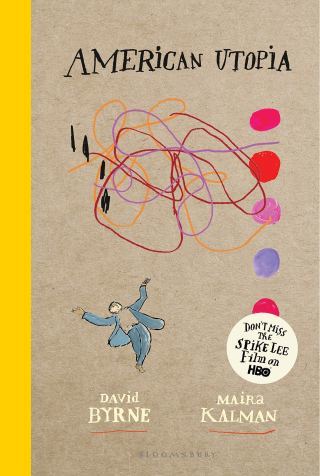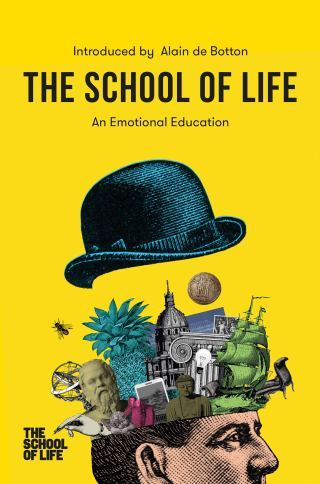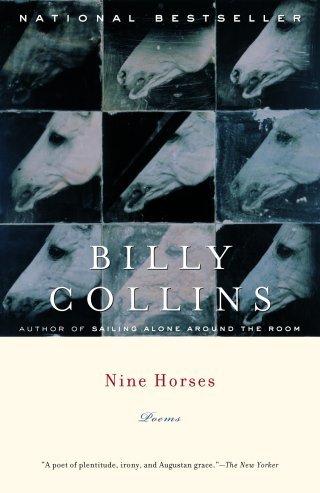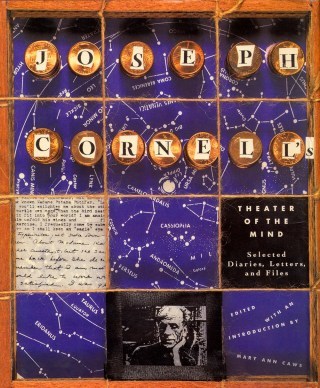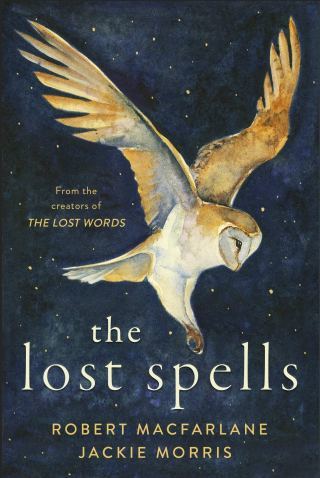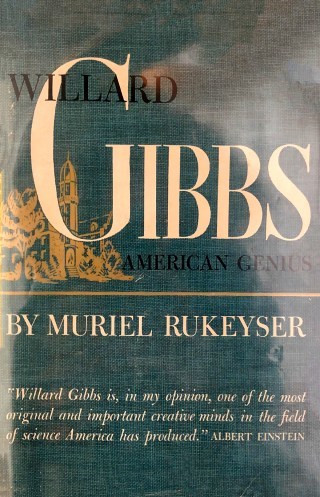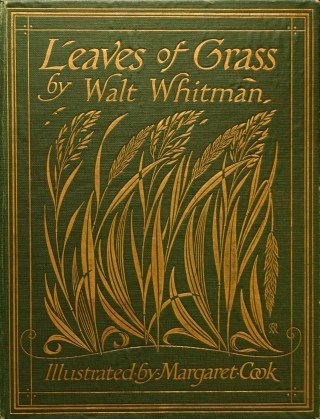Maria Popova's Blog, page 97
December 1, 2020
The Four Buddhist Mantras for Turning Fear into Love
“Fearlessness is what love seeks,” Hannah Arendt wrote in her magnificent early work on love and how to live with fear. “Such fearlessness exists only in the complete calm that can no longer be shaken by events expected of the future… Hence the only valid tense is the present, the Now.”
This notion of presence as the antidote to fear and the crucible of love is as old as the human heart, as old as the consciousn...
November 29, 2020
American Utopia: Maira Kalman’s Spare Visual Poems Drawn from David Byrne’s Masterpiece of Anticynical Humanism
In the final years of a long life animated by optimism as a catalyst of democracy and the spring of action toward justice, Walt Whitman’s aged baritone unspools from the only surviving recording of his voice to read a verse from one of his last poems, envisioning America as a “centre of equal daughters, equal sons, all, all alike endear’d, grown, ungrown, young or old, strong, ample, fair, enduring, capable, rich, perennial with the Earth, with ...
November 27, 2020
Alain de Botton on Emotional Generosity and the Difficult, Largehearted Art of Charity of Interpretation
Goethe, who lived and died by the indivisibility of art and life, insisted that we ought to treat the works of others, however imperfect, the way we treat their actions — with “a loving sympathy.” And yet one of the most damning paradoxes of our condition is that, again and again, we withhold from others the loving sympathy and empathic understanding we demand for ourselves. When we lose the re...
November 25, 2020
As If to Demonstrate an Eclipse: Comedian Chuck Nice Reads Billy Collins’s Ode to the Quiet Wellspring of Gratitude
“I am grateful, not in order that my neighbour, provoked by the earlier act of kindness, may be more ready to benefit me, but simply in order that I may perform a most pleasant and beautiful act,” Seneca wrote two millennia ago as he contemplated gratitude and what it means to be a generous human being.
It is only from such a place o...
November 24, 2020
Creativity, the Commonplace, and the Cosmos: Joseph Cornell’s Formative Visit to the Hayden Planetarium
In the spring of 1919, as the world was shaking off the debris and despair of its first global war, the queer Quaker astronomer Arthur Eddington left England to traverse seas and meridians and blood-stained borders in an ambitious expedition to observe a total solar eclipse in order to prove correct, at the risk of his own reputation, the cont...
November 21, 2020
The Lost Spells: A Rewilding of the Human Heart in a Lyrical Illustrated Invocation of Nature
“A leaf of grass is no less than the journey work of the stars,” the young Walt Whitman sang in one of the finest poems from his Song of Myself — the aria of a self that seemed to him then, as it always seems to the young, infinite and invincible. But when a paralytic stroke felled him decades later, unpeeling his creaturely limits and his temporality, he leaned on the selfsame reverence of nature as he considered what makes life...
November 18, 2020
250-year-old Natural History Illustrations of Some of Earth’s Strangest, Sweetest, and Most Otherworldly Creatures
If the legendary nanogenarian cellist Pablo Casals was right, as I trust he was, that working with love prolongs your life, and if Walt Whitman was right, as I know he was, that an intimacy with the natural world is the key to robust mental and physical health, then the English naturalist and pioneering ornithologist Geo...
November 15, 2020
The Twin Root of Our Confusion and Our Power in Times of Turmoil: Muriel Rukeyser on the Wellspring of Aliveness
It is such delicate work, such devoted work, the work of contouring the personhoods of persons who have imprinted the world with nothing less than revolutions of the mind, yet have left only faint traces of themselves as persons, unselved first by the nature of their revolutionary ideas —...
Muriel Rukeyser on the Wellspring of Aliveness and the Shared Source of Our Confusion and Our Power in Times of Turmoil
It is such delicate work, such devoted work, the work of contouring the personhoods of persons who have imprinted the world with nothing less than revolutions of the mind, yet have left only faint traces of themselves as persons, unselved first by the nature of their revolutionary ideas —...
November 12, 2020
Walt Whitman on What Makes a Great Person and What Wisdom Really Means
Twenty-four centuries after Pythagoras contemplated the purpose of life and the meaning of wisdom as he coined the word philosopher to mean “lover of wisdom,” Walt Whitman (May 31, 1819–March 26, 1892) contemplated the meaning of personhood and the measure of wisdom as he revolutionized the word poet to stand for “lover of life.”
Tucked toward the end of his ever-foliating Leaves of Grass is what might b...

